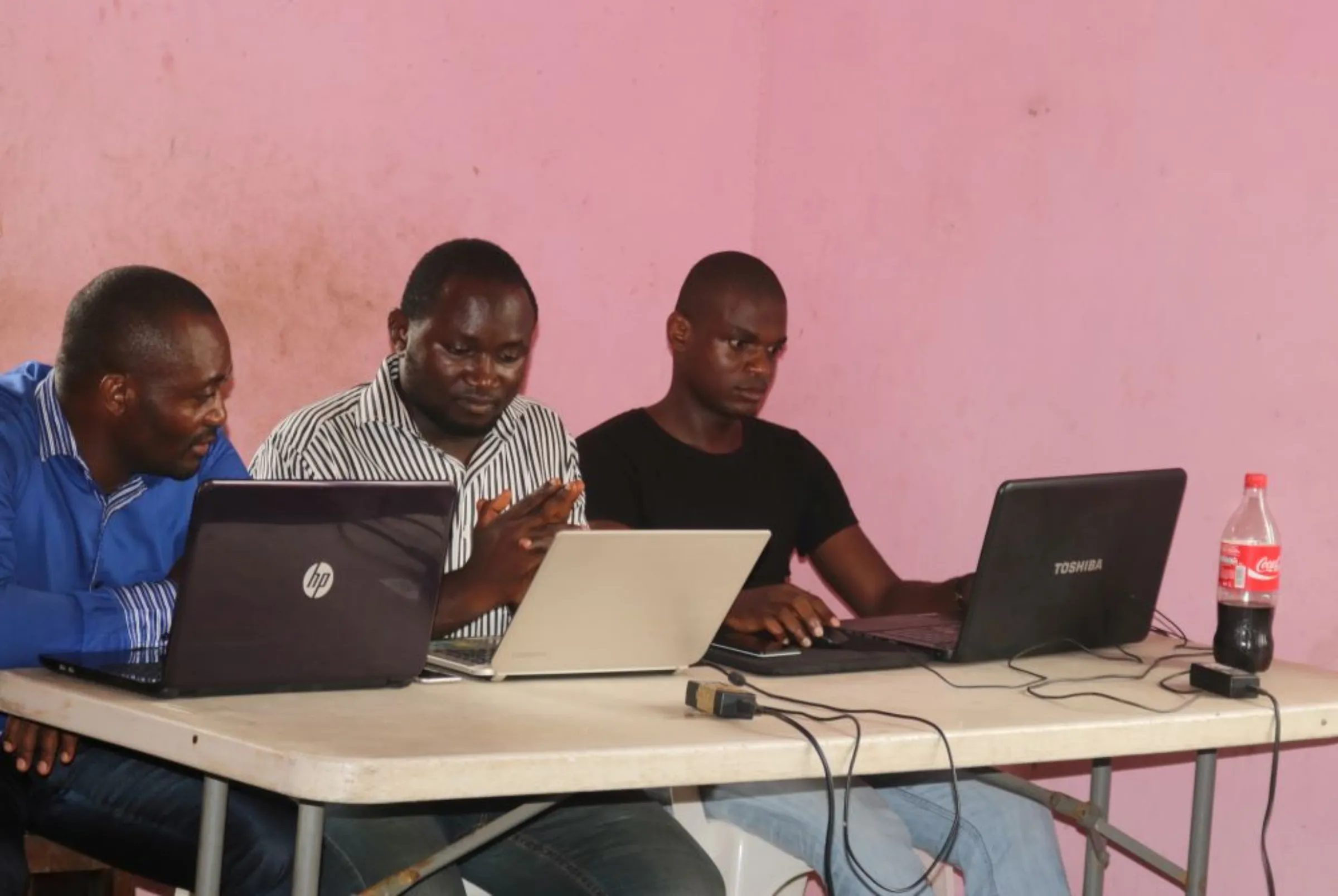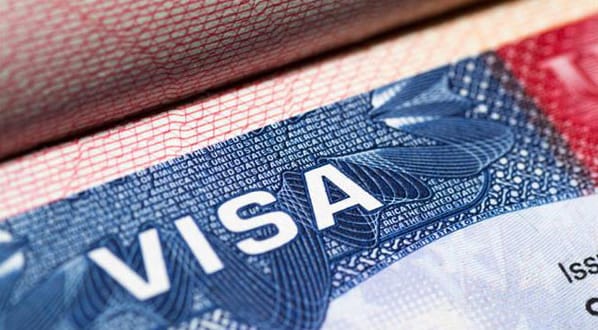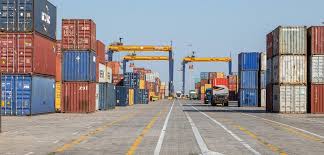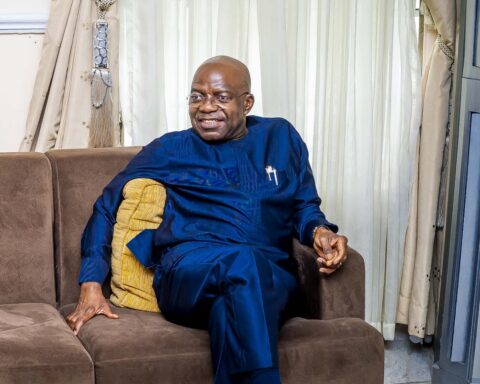A new investigative documentary has revealed what it describes as a vast underground industry in Nairobi, the Kenyan capital, where an estimated 40,000 people are secretly earning a living by writing academic papers, dissertations, and even PhD theses for students in the United Kingdom, the United States, and other Western countries.
The documentary, titled Shadow Scholars, was released in UK cinemas on September 16, 2025, and is set to air on Channel 4 on September 24, 2025. It follows Patricia Kingori, a professor at the University of Oxford, as she travels to Kenya to uncover the shadowy world of “contract cheating,” where highly educated but often underemployed Kenyans produce academic work for foreign students.
Join our WhatsApp ChannelThe documentary shows that ghostwriters, locally referred to as “shadow scholars,” often use virtual private networks (VPNs) to hide their locations and
create fake Western identities to secure jobs on freelancing platforms.
“Suppose you try logging into the accounts in Kenya, they shut it down. The moment you use the VPN, your location is shifted… No one can actually tell that you’re not in the country,” one writer said in the film.
Many writers say they earn only a fraction of the fees charged to students, with middlemen and online platforms taking the larger share. Some reportedly produce multiple essays daily, working on topics they may never have studied, under intense deadlines of four to five hours per paper.
Kenya has one of the highest youth unemployment rates in Africa, with young people aged 15 to 34, who make up about 35% of the country’s population, facing
unemployment levels as high as 67%, despite the nation’s overall unemployment rate being significantly lower.
This lack of opportunities has pushed many graduates into the underground academic writing industry as a way to survive.
Globally, the business of contract cheating is believed to be worth about $1 Billion, providing crucial income for workers in the Global South who face limited job opportunities.
“This should not be why Kenya is on the map,” Kingori said in the documentary. “If the world was fair, these scholars would be able to operate on the world stage as themselves.”
While universities in the UK and US treat contract cheating as a serious academic integrity issue, many Kenyan writers interviewed for the film insist that the responsibility lies with the students who pay for the work and submit it under their own names.
“They are the ones submitting it under their name. We are just providing a service,” one writer said.
The film raises tough questions about the value of degrees, global inequality, and the exploitation of talented individuals whose intellectual labour remains invisible.
How the Film Was Made
Director Eloise King said building trust with the writers was crucial to gaining access to their world. Her team spent three and a half years holding town hall meetings to reassure participants that the film would not expose them to legal or social harm.
“It was a real collaborative effort. We wanted to celebrate the immense talent in Kenya while understanding the industry from the inside,” King said.
The release of Shadow Scholars has sparked renewed debate in the UK and US over how universities should address contract cheating.
The film’s revelations are expected to increase pressure on governments and institutions to tighten regulations on online academic writing platforms and crack down on essay mills.
For Kenya, the documentary highlights a paradox: while the country produces a highly skilled and educated workforce, thousands of people are forced to sell their talents anonymously to make ends meet.
Kenya has been identified as a global hub for academic ghostwriting since at least 2011, when similar reports first exposed widespread participation in online freelancing.
With the rapid rise of artificial intelligence tools like ChatGPT, experts warn that the industry is evolving, making contract cheating even harder to detect and prevent.













